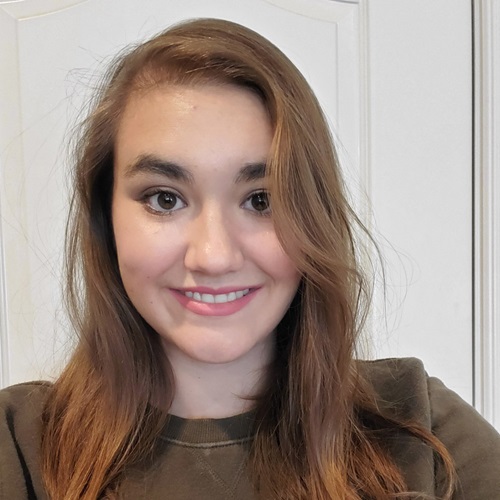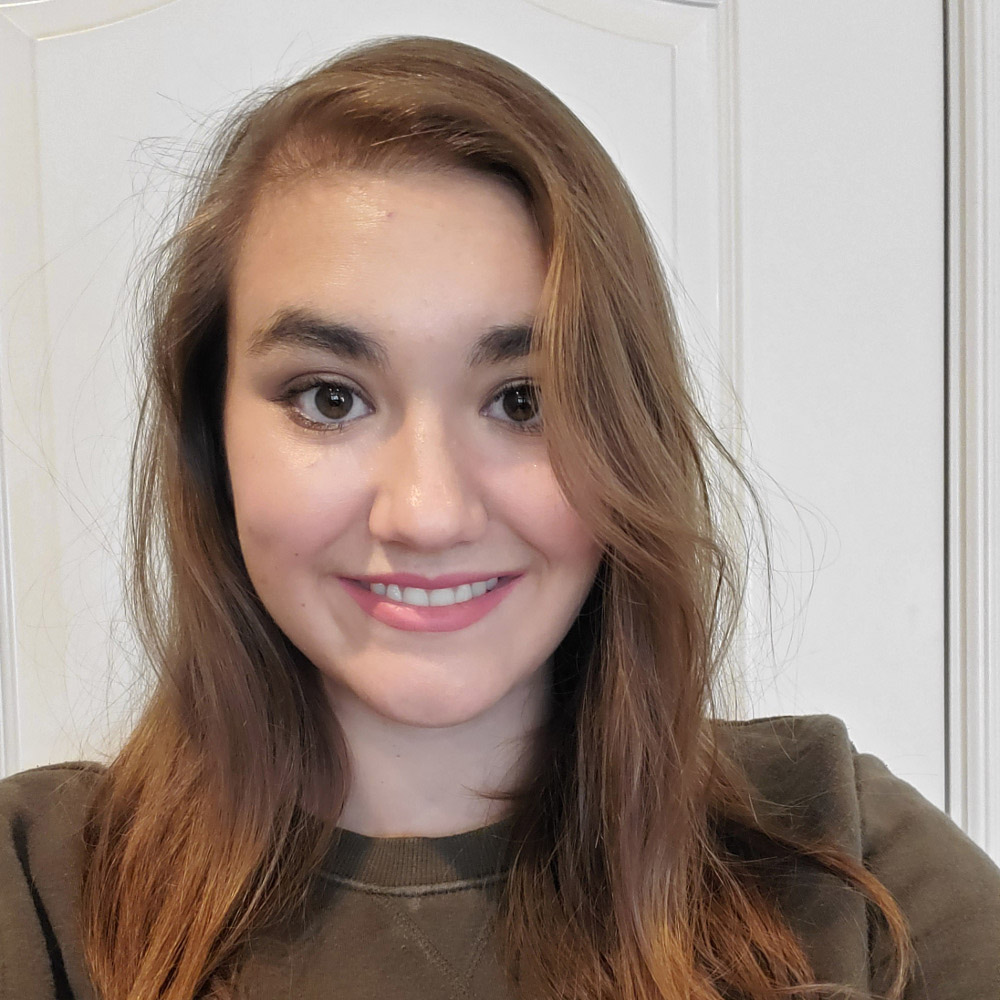Kristina Peretti
Major: Biochemistry
Faculty Advisor: Nicole Grieshaber
Project Title:
Cloning Fancy-Tet Hctb
Abstract
Chlamydia trachomatis is a bacteria that causes the chlamydia, the most commonly reported STD. Unfortunately, it is commonly asymptomatic with almost 1 in 20 sexually active 14-24-year-old women expected to have the infection, many without even knowing. This is a huge problem as chlamydia, if left untreated, causes a host of medical problems. Trachoma, which is not an STD and generally found in areas with bad sanitation, is the leading cause of preventable blindness in the world. While chlamydia can be treated with antibiotics at present, there is growing concern that some strains may develop antibiotic resistance.
Regulation of the Chlamydial cell cycle is not well understood. We know that through the infection process the C. trachomatis differentiates multiple times between the elementary body (EB) and the reticulate body (RB). The EBs initiate infection by attaching to and entering epithelial cells. Within eight hours, the EB transforms into an RB which replicates in clusters called inclusions. Within another 48 hours, the RBs are beginning the transition back to the infectious EBs to eventually be released, infecting more cells. The cause of the transformation from EB to RB and back again is a main focus of research in our lab.
The structure of the EB cell type contains two histone related proteins, HctA and HctB. Our goal is to determine the role of these proteins in gene expression. Ectopic expression is a great way to learn the function of a gene of interest. I am trying to express HctB ectopically, but it is very toxic; there is always a deletion or promotion upstream that hinders expression. This leaves us unable to see flag. I am hoping to solve this problem through the creation of Fancy Tet-HctB, a plasmid with translational and transcriptional controls.








